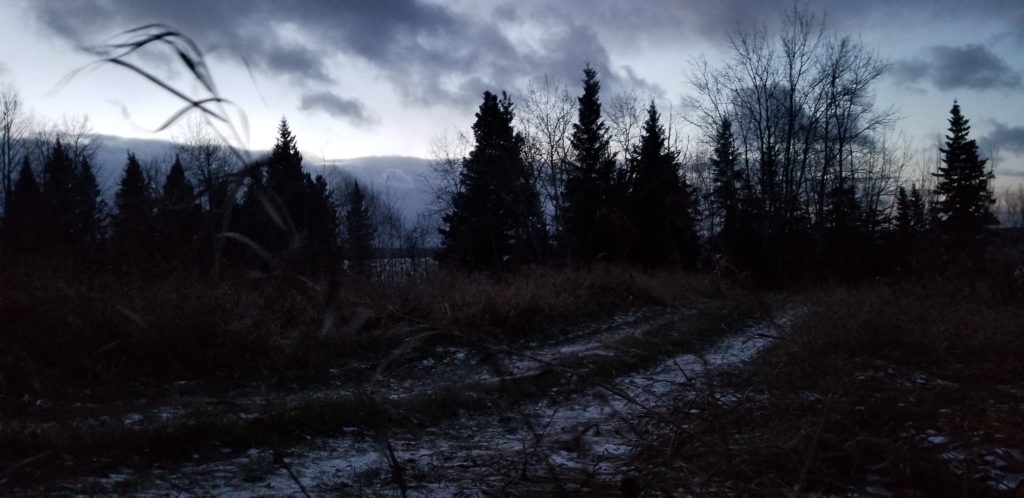Remember Our True Faith of Grace
The passages for this Sunday’s lessons are profoundly problematic.
Malachi 4:1-2a
Malachi promises that the day will come when arrogant and evildoers will be burned up entirely, stem to root. That is of course only Those, them, the others. And on that day We, us, those who revere God’s name, upon us (not them) the sun of righteousness will rise, with healing in it’s wings.
2 Thessalonians 3:6-13
2 Thessalonians, either written by Paul or more likely a disciple of Paul writing in his name (as was common and acceptable then,) commands the readers to work for their food, and not be idle. And he also commands that those who do not work should not eat! This prescription to allow some people to starve has been used as justification for all sorts of injustices worked against the poor.
Luke 21:5-19
The Lukan passage deals with the end times, cautioning the listeners to not be taken in by false prophets claiming to be the returned Christ. Admonishing calm patience and faithfulness the passage ends with “By your endurance you will gain your souls.”

Blown in the dark cold wind of self-righteousness, what are we to do?
Unfortunately we do not use Psalm 98 this week.
Sing
a new song to the Lord,
who has done | marvelous things,
whose right hand and holy
arm have | won the victory.
2O
Lord,
you have made | known your victory,
you
have revealed your righteousness in the sight | of the nations.
…
9The
Lord
will judge the | world with righteousness
and the peo- |
ples with equity.
Or perhaps it is a good opportunity that we do not use the Psalm.
While each text is filled with directions on what to do as Christians, even prescribing what things we must do in order to receive Salvation, we believe and hold firm the faith and tradition that is handed on to us, namely: that we are saved by grace alone, not by the merit of our works.
We interpret all scripture and spiritual thought through this lens: That we are saved only by God’s act upon us, that we remain totally sinners throughout our lives and at the same time God makes us, through Christ’s redemptive sacrifice for us, totally saints. This is a gift imputed to us, not infused into us. This gift is effective in us, yet does not overcome the sinner that we remain, until Christ comes again, God reckons righteousness to us, and we become saints in the light of Christ for ever. These precepts are paradoxical, and we believe they hold the truth of God’s Grace for us that cannot logically be expressed. Faith cannot be grasped and controlled. It can only we experienced and enjoyed with awe, or rejected with consequences unknowable.
So what are we to make of these scriptural judgments of others and promises that we are not them, of the command that if we or others do not work we are not to eat, or the admonishments to earn our salvation?
Our choices are four:
- We could preach the problematic parts as if they were the Gospel of Christ ignoring that they are destructive to faith and community.
- We could ignore or pretend to ignore the problematic parts of the texts. Preaching on Psalm 98 alone would be an opportunity to take this route.
- We could preach a reinterpretation of the passages so as to proclaim a faithful Word, a true witness to Christ, but not mention that we are interpreting the passages to bring Gospel out of them. OR
- We can be clear about the need to re-interpret and proclaim that need along with a clear proclamation of the Gospel after we re-interpret these passages according to Luther’s Gospel within a Gospel: that we are saved by Grace through Faith and not by merit of our works.

Gone are the days of colour and calm.
The Cold Hard Facts of the Gospel have arrived with the cold and snow in late fall.
Preach as you will, but as for me and my empty “household”, the woods, squirrels and the occasional deer, we will enjoy God’s grace and preach it clearly, honestly, and profoundly as, as much as God gives me opportunity and energy to do so.
Of course, the squirrels really do not listen very well, and the deer have no patience, anxious as they are from hunters pursuits.
What is clear from the lessons for this Sunday is that true discipleship is costly.
As costly as those we remember today, the veterans who have sacrificed to give us the possibility of the lives we now enjoy.
While we chafe under encouragements to tithe, giving 10% of the first fruits of all God gives us, our time, talents and resources, the call that claims us and the faith that is imputed to us demands not merely 10%. We chafe so brutally that we often demand no mention of tithing occur in our congregation, certainly not that we ask each other to work towards this small sacrifice, guilty as we are that we have never thought this possible for us ourselves. Always one hears how unjust this call is for those who are below the poverty line. Which is true sort of: 10% of an income of which 50% is spent on the bare necessities of life is challenging, but 10% of an income of which 110% or more is spent on the bare necessities of life is a challenge beyond respectable.
True discipleship costs us 100%, and our avoiding a call for 10% gives witness how weak our faith is practised in our lives.
Yet the True Gospel is not that we must give 100%, or that we must give even 10% for God’s grace to be effective in our lives and at the end of time, effectively applied to us. What counts is still what God does, not what we do.
Though it is problematic that we do not do what we readily could do, and instead we count on God’s Grace to save our neighbours from hunger, poverty, despair. Since Christ steps in for us sinners when we were lost (each day of our lives) why would we not strive with all our being to be Christ’s hands especially to our neighbours in desperate need!
But one can hardly preach that to people who refuse to be the hands of Christ, asking for the first 10% in good stewardship for their church. One does pray for them, and for one’s self: that we may all survive the winter, cold, hard, and brutal as it is … to be gracious with each other … soon, before it is too late.